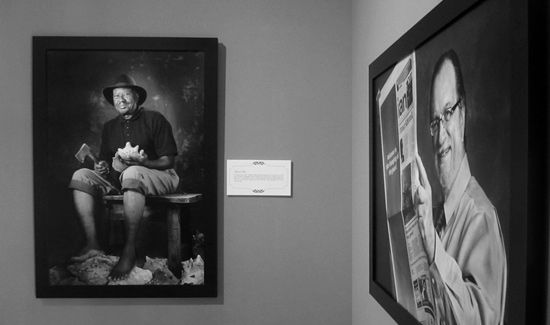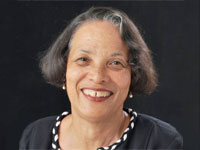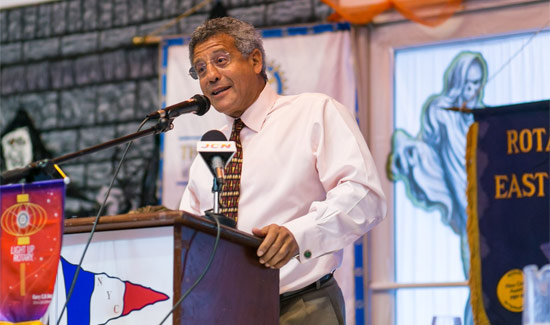The Bahamas has a bicameral (two chamber) Parliament. The House of Assembly’s members are elected and the members of the Senate are appointed.
Maurice Tynes, the clerk of Parliament, recently appeared before the Constitutional Commission and recommended a new electoral system be adopted in The Bahamas to better reflect the will of the people.
More specifically, Tynes suggested the Senate be abolished and the Parliament be unicameral (a single chamber). The chamber would be comprised of elected and appointed members. The appointed members would be selected based on the percentage of votes the political party they represent received. A party would be required to gain at least five percent of the vote before it could be considered to participate in the sharing of parliamentary seats, Tynes argued.
Such a system would open up our democratic process to voices beyond the two dominant parties who currently occupy all of the political space in The Bahamas. In the last general election, the Democratic National Alliance (DNA) received nearly 10 percent of the vote. Yet, all those Bahamians who voted for the DNA have no voice in Parliament.
In that same election the Progressive Liberal Party secured 48.7 percent of the vote and won 29 (76 percent) of the seats in the House. The Free National Movement captured 42.1 percent of the vote and only won nine (24 percent) of the 38 seats.
The PLP’s super-majority in the House is a distortion of the will of the people. Consequently, it can force through laws without consultation with a majority it truly does not deserve. Our constitution is archaic in this regard, noted the clerk.
“This first past the post, or winner take all, voting system is indeed a simple and fast way to vote and to count ballots, but the first past the post system produces too many distortions in the result of the balloting and most often the result does not accurately reflect the will of the people,” said Tynes.
It is unlikely that this generation of politicians will change our electoral system. There are few revolutionary thinkers in that bunch. Younger Bahamians, however, should examine the various voting models that exist around the world and seek, in their time, to create a voting system that allows more voices to be recognized in Parliament.
We all have seen that the two main political organizations have become bloated and exhausted patronage parties. New voices need to be given a chance to bring forward new ideas and modes of operation in order to help reinvigorate The Bahamas.
Editorial from The Nassau Guardian



